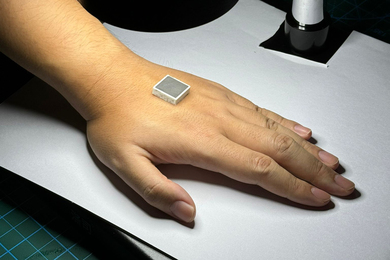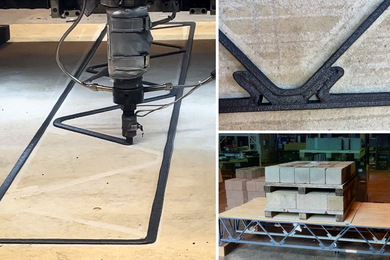Food and Drug Administration (FDA) advisory committees determine patterns of medical practice in the United States and worldwide. But might the decisions of these committees be affected by where members of the committees sit — which, in turn, affects the speaking and voting order?
A new paper by Christopher L. Magee (Professor of the Practice of Engineering Systems at MIT) and Johns Hopkins University postdoc David Broniatowski addresses this question. The paper, "Does Seating Location Impact Voting Behavior on FDA Advisory Committees?", will appear next month in The American Journal of Therapeutics.
"FDA advisory panels are supposed to bring objectivity and transparency to the selection of innovative medical devices, but these panels are still human organizations. Therefore, they are subject to social dynamics that may not have been anticipated and that might not be removable," Broniatowski says.
"Someone has to speak first — and this person will likely exert some degree of influence. Instead of trying to eliminate these sources of influence, we would do better to understand how they work, and how best to use them to improve the decision-making process. This doesn't just apply to the FDA, but to any setting where panels of experts must meet to make decisions about complex technical systems."
The paper is based upon research Broniatowski conducted as part of his doctoral dissertation in the MIT Engineering Systems Division. The research was funded by the MIT Portugal Program.
A new paper by Christopher L. Magee (Professor of the Practice of Engineering Systems at MIT) and Johns Hopkins University postdoc David Broniatowski addresses this question. The paper, "Does Seating Location Impact Voting Behavior on FDA Advisory Committees?", will appear next month in The American Journal of Therapeutics.
"FDA advisory panels are supposed to bring objectivity and transparency to the selection of innovative medical devices, but these panels are still human organizations. Therefore, they are subject to social dynamics that may not have been anticipated and that might not be removable," Broniatowski says.
"Someone has to speak first — and this person will likely exert some degree of influence. Instead of trying to eliminate these sources of influence, we would do better to understand how they work, and how best to use them to improve the decision-making process. This doesn't just apply to the FDA, but to any setting where panels of experts must meet to make decisions about complex technical systems."
The paper is based upon research Broniatowski conducted as part of his doctoral dissertation in the MIT Engineering Systems Division. The research was funded by the MIT Portugal Program.






